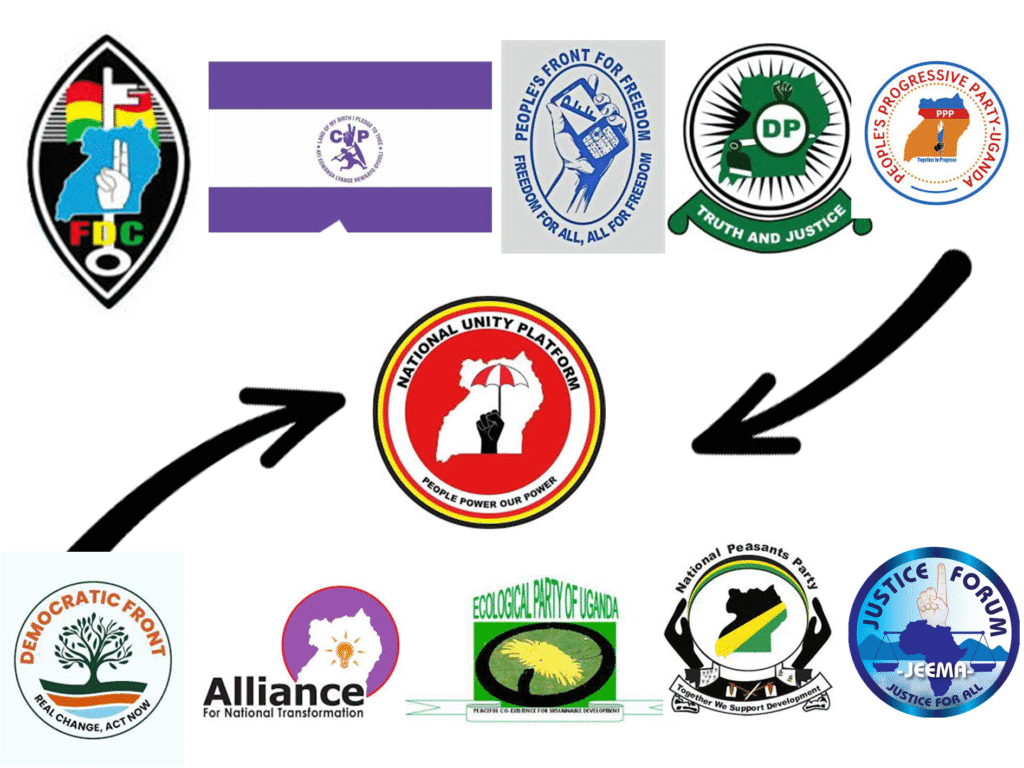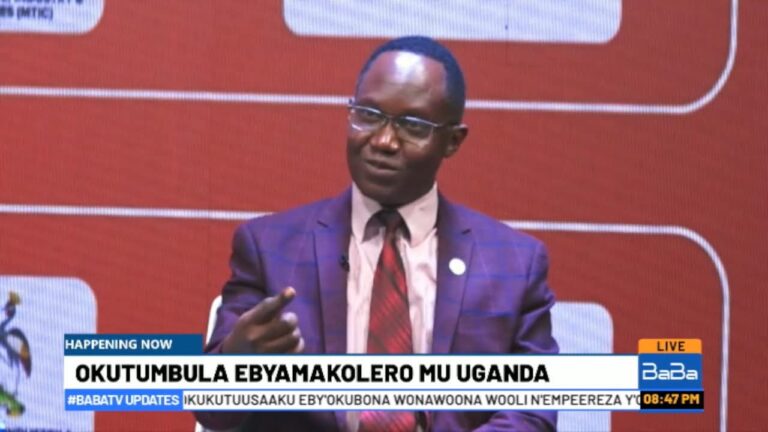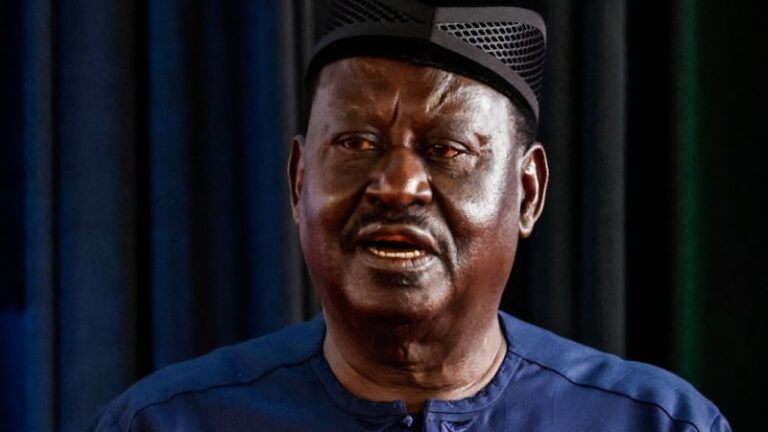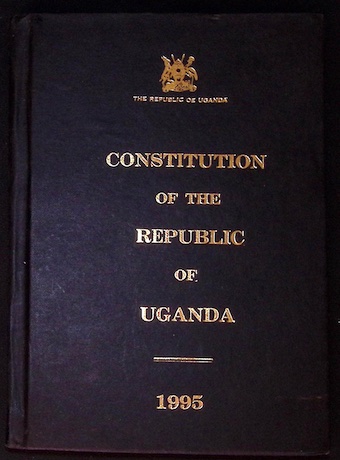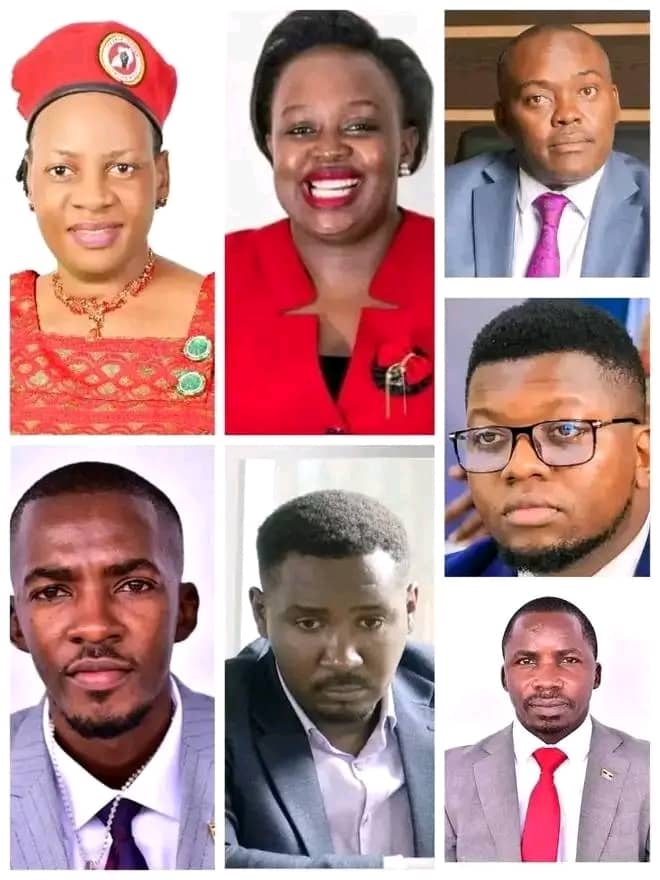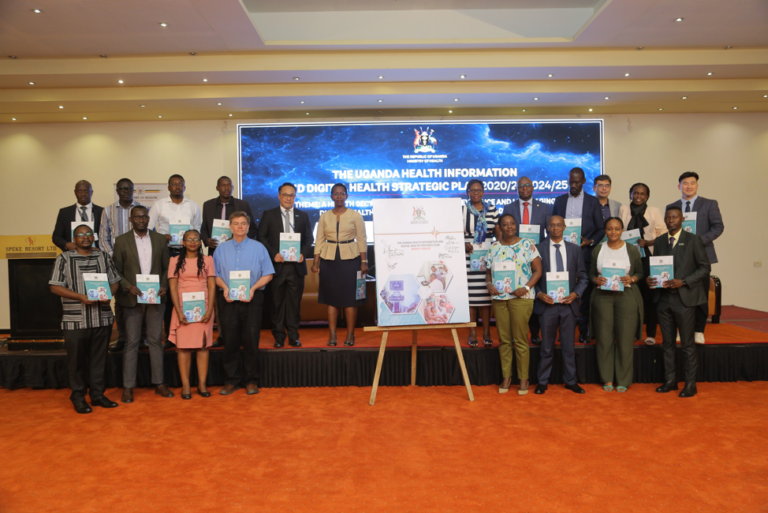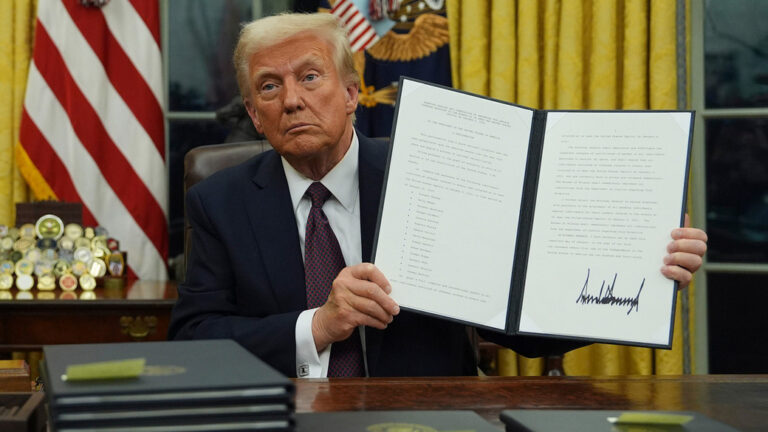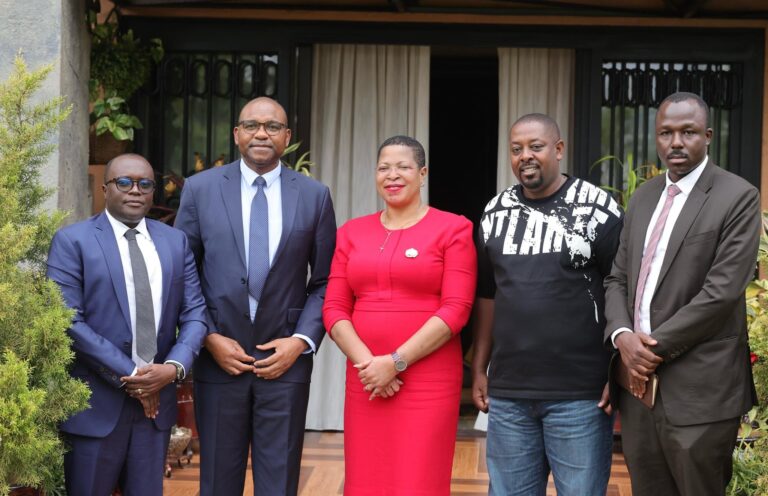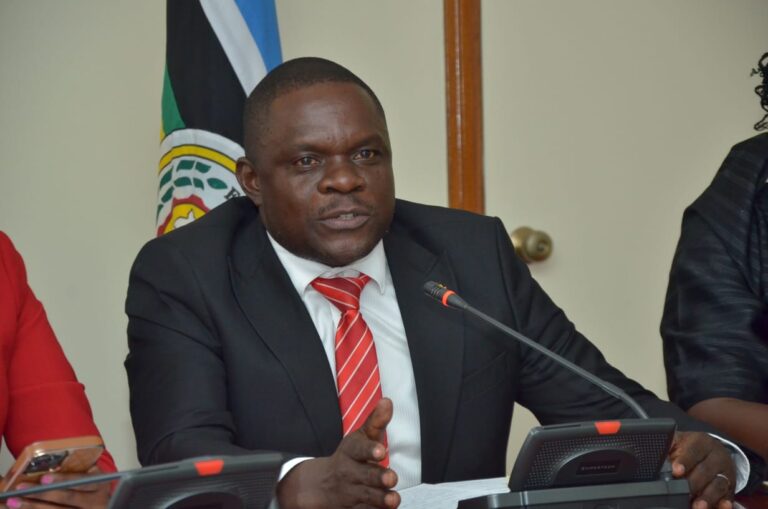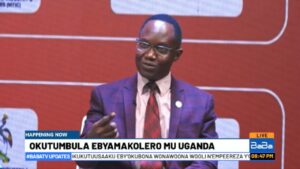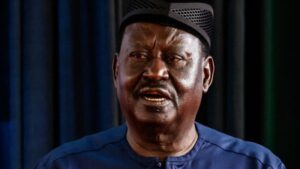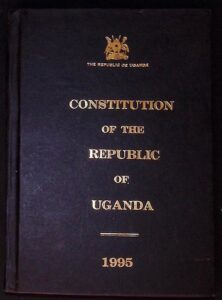Uganda’s Opposition Politics: A Business of Power, Not a Struggle for Change
By Bakinyumya Douglas Paapa (Political TV Producer and TV Host – @BDouglasPaapa)
Uganda’s political landscape today reflects a disheartening truth: the opposition is no longer primarily a movement of liberation, but increasingly a theatre of political enterprise. Once rooted in the ideals of democratic change, civic empowerment, and resistance against oppression, opposition political parties now appear more consumed by infighting, branding, and personal ambition than by the pursuit of national transformation.
With four key opposition formations currently jostling for influence ahead of the 2026 elections—the National Unity Platform (NUP), the Democratic Front, the People’s Front for Freedom (PFF), and remnants of the Democratic Party—one would expect collaboration, synergy, and a united strategy to challenge the status quo. Instead, the public is witnessing petty rivalries, deliberate sabotage, and open hostility between factions that, at least rhetorically, claim to seek the same goal: a better Uganda.
Politics without Unity: The Price of Division
Instead of galvanizing collective momentum, these parties spend more time undermining each other’s credibility. The leadership ranks, once expected to carry the torch of resistance and public hope, have become echo chambers of ego, calculation, and tactical survival. Alliances are forged not to build strength, but to isolate competitors. Meetings intended to strategize often collapse under the weight of mistrust and pride. Social media platforms that should be used to mobilize the masses are flooded with character assassinations and internal accusations.
The result? A confused and disillusioned population. A base of ordinary Ugandans who, despite genuine passion for change, are left to navigate a fractured opposition with no clear path forward.
When Politics Becomes a Livelihood
The transformation of opposition politics into a full-fledged business model is perhaps the most dangerous development of all. Leadership positions in political parties are increasingly seen not as burdens of service, but as platforms of personal gain. Fundraising is no longer just a tool for campaigns; it has become a revenue stream. Political branding, consultancy, and media tours have replaced grassroots mobilization.
Some party leaders seem more interested in being politically relevant than being politically revolutionary. They court donors with polished rhetoric while avoiding direct confrontation with the regime. Others maintain their place in opposition while quietly benefiting from state resources or indirect alliances. In many cases, party presidents have remained in their positions for years without holding meaningful internal elections, echoing the very autocracy they claim to resist.
The Forgotten Foot Soldier
Amid all this, the most betrayed figure is the ordinary supporter—the market vendor who protests for change, the youth who risks arrest for wearing a red beret, the activist who faces harassment for daring to speak truth to power. These Ugandans are risking their freedom and lives not for political parties, but for a better country. Yet, their sacrifices are exploited, their loyalty taken for granted, and their future compromised by opposition leaders who appear more committed to securing seats than securing change.
It is no wonder that a growing number of citizens are losing faith in the opposition establishment. The disillusionment is real, and it is justified. Ugandans are beginning to understand that liberation may not come from party colors or slogans, but from grassroots consciousness, civic education, and mass civic action.
Time to Redefine the Struggle
The call now is not to abandon political struggle, but to redefine it. It is time to stop placing blind faith in political parties and start building a civic-driven movement rooted in people power. Change must be people-led, not party-owned. The power lies not in the hands of career politicians, but in the collective will of Ugandans who are ready to organize, resist, and reclaim their future.
Let opposition leaders be reminded: power is not inherited, and credibility is not permanent. If you betray the trust of the people in favor of political business, you will be remembered not as liberators, but as opportunists who stood in the way of history.
Conclusion: From Protest to Purpose
Uganda stands at a crossroads. The public is ready. The pain of poverty, injustice, and repression is real. But that pain must be transformed into purpose—not wasted on bickering elites and broken promises. Let the opposition either reform or be reformed by the people.
The time for cosmetic politics is over. What Uganda needs is not another party, but a movement—rooted in justice, accountability, and unity. Until then, the struggle remains unfinished, and the dream of liberation remains painfully deferred.
By :Bakinyumya Douglas Paapa Ov Uganda (Political TV Producer and TV Host – @BDouglasPaapa
